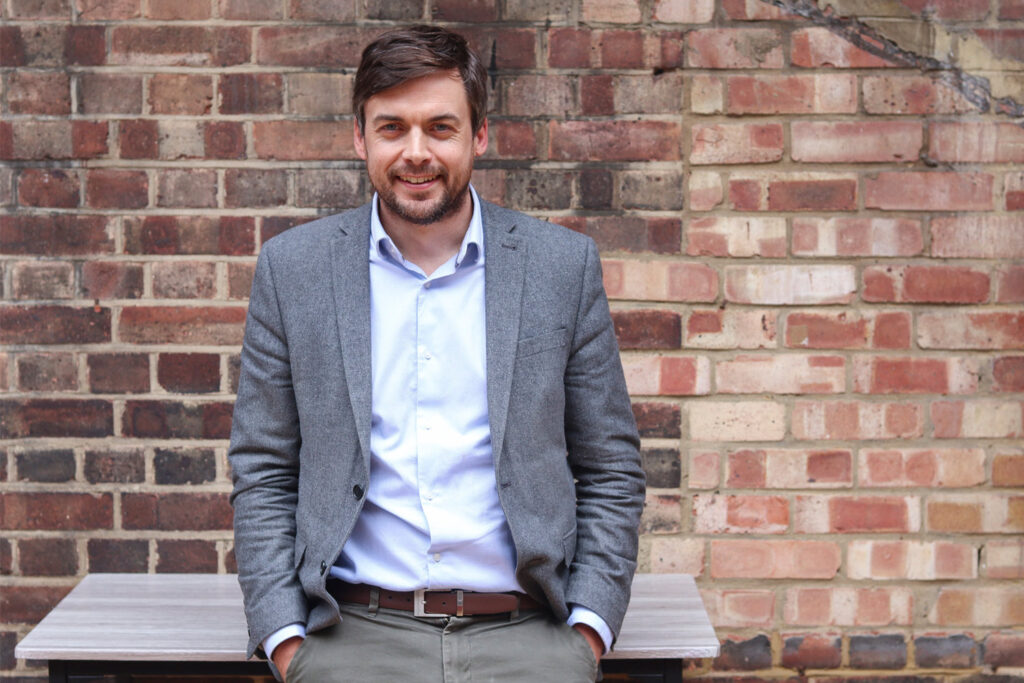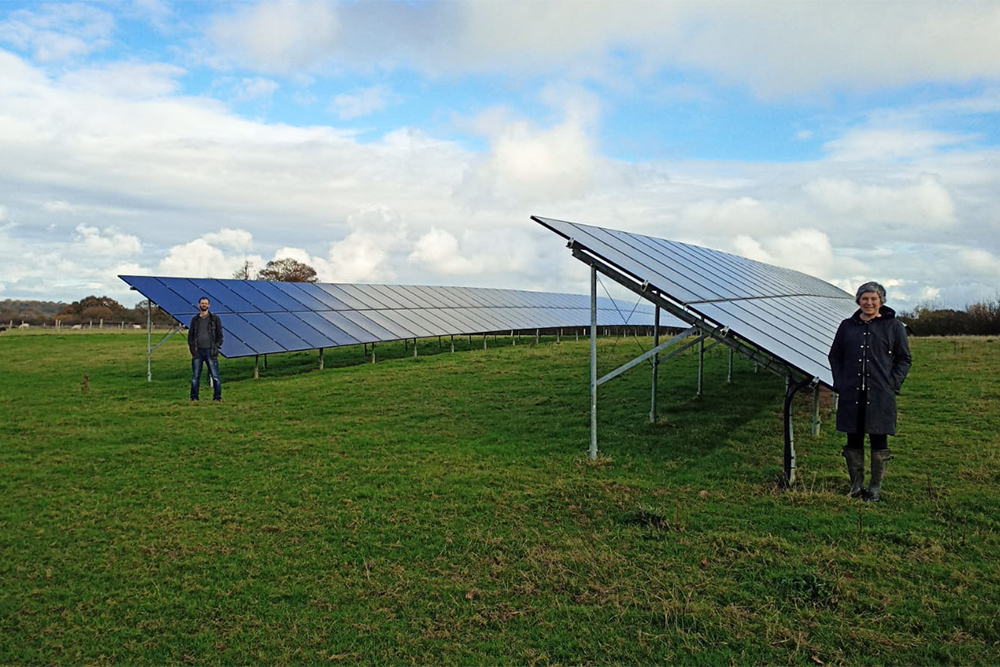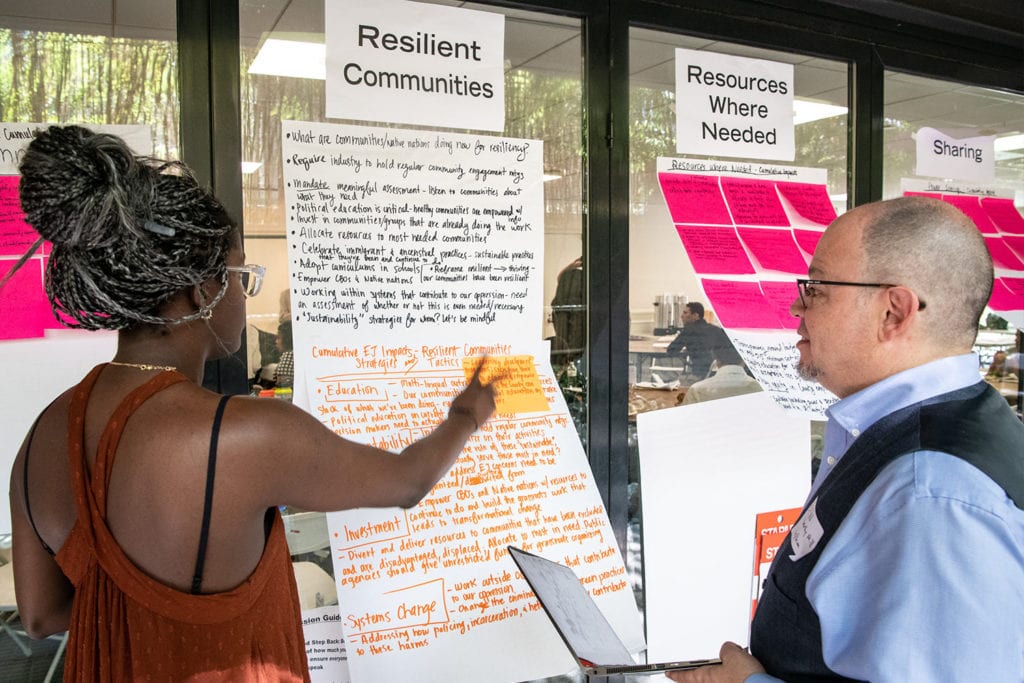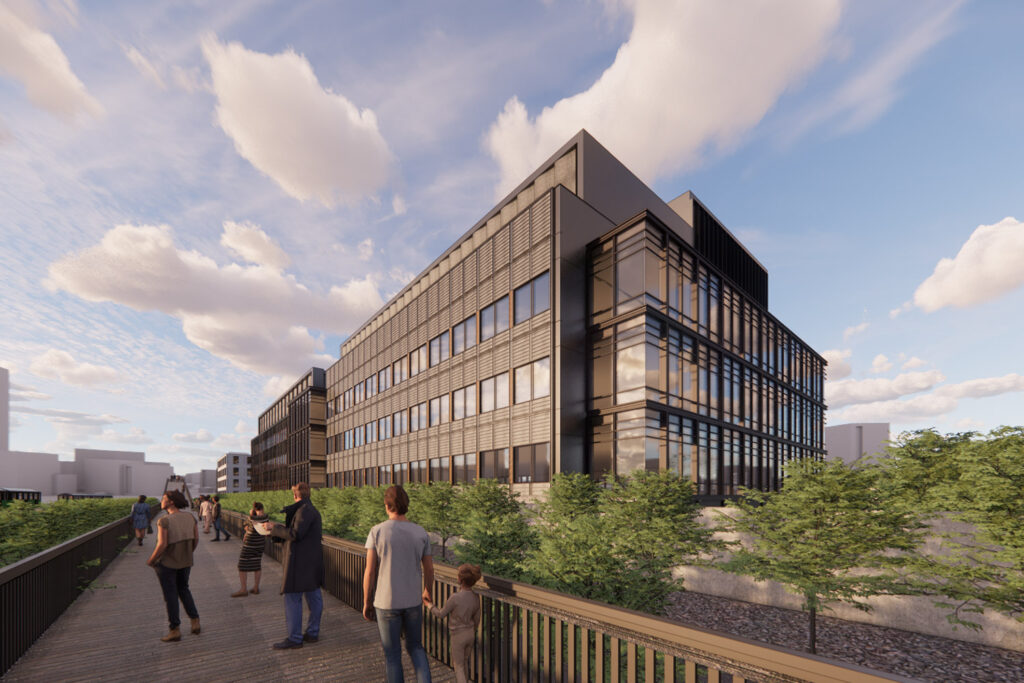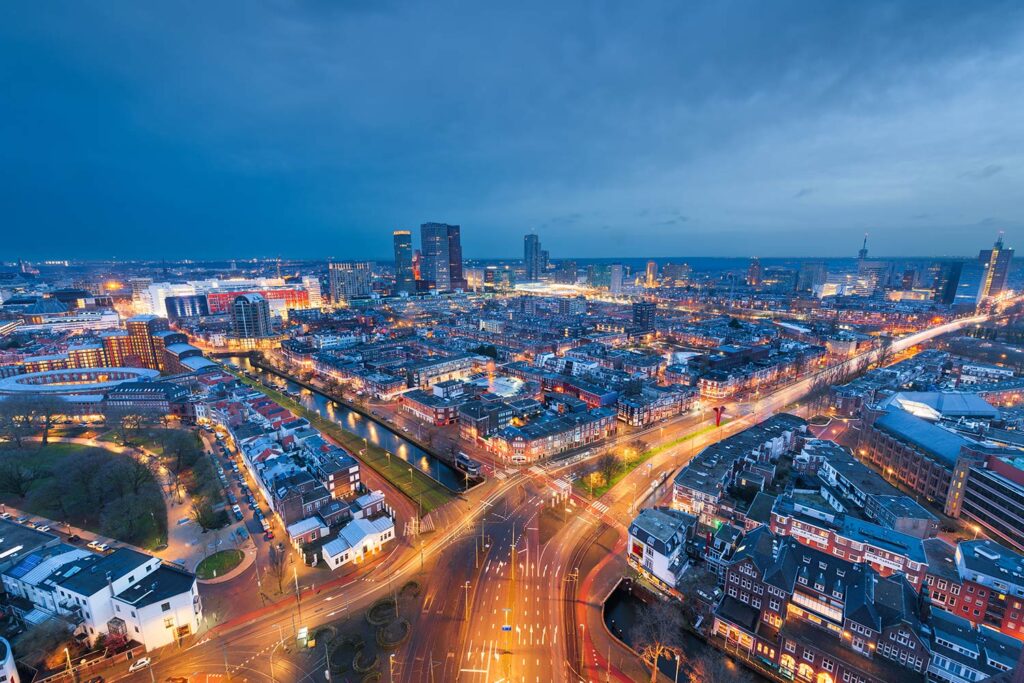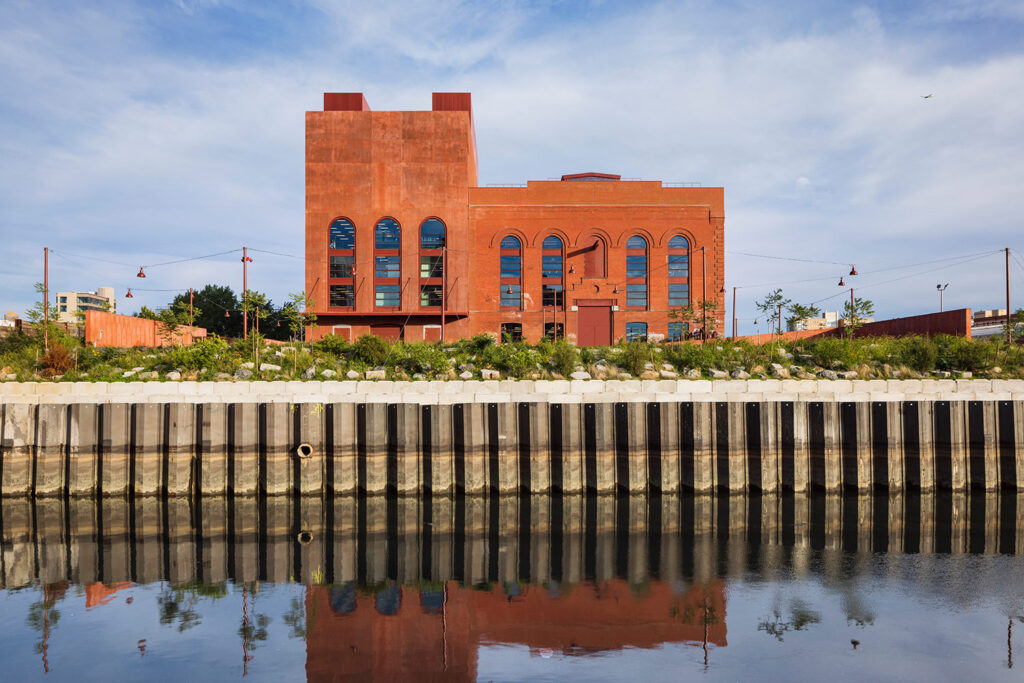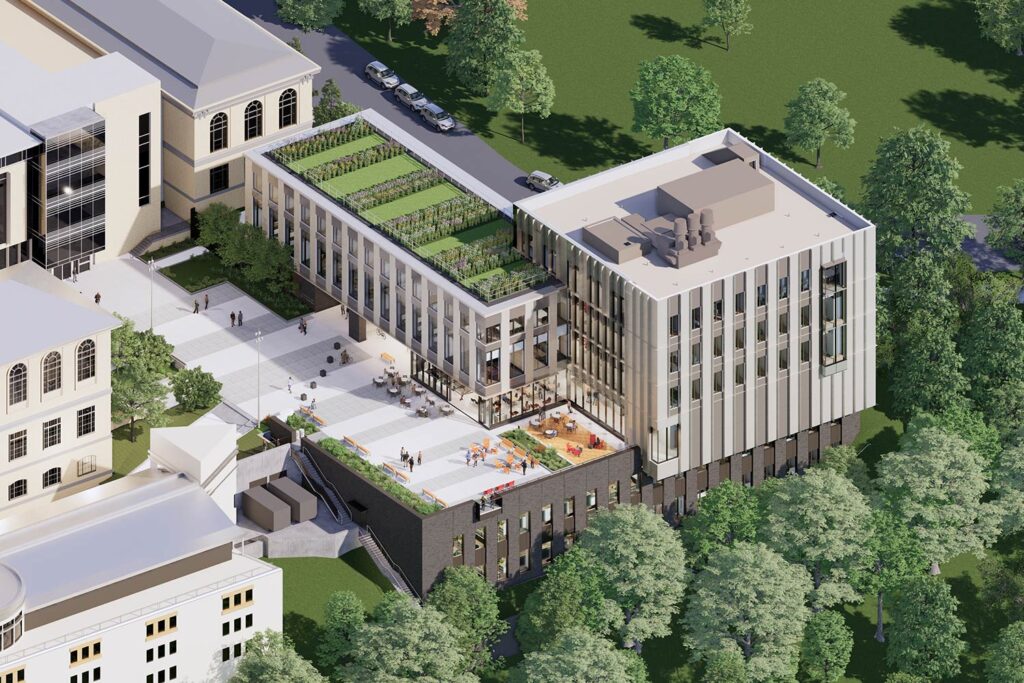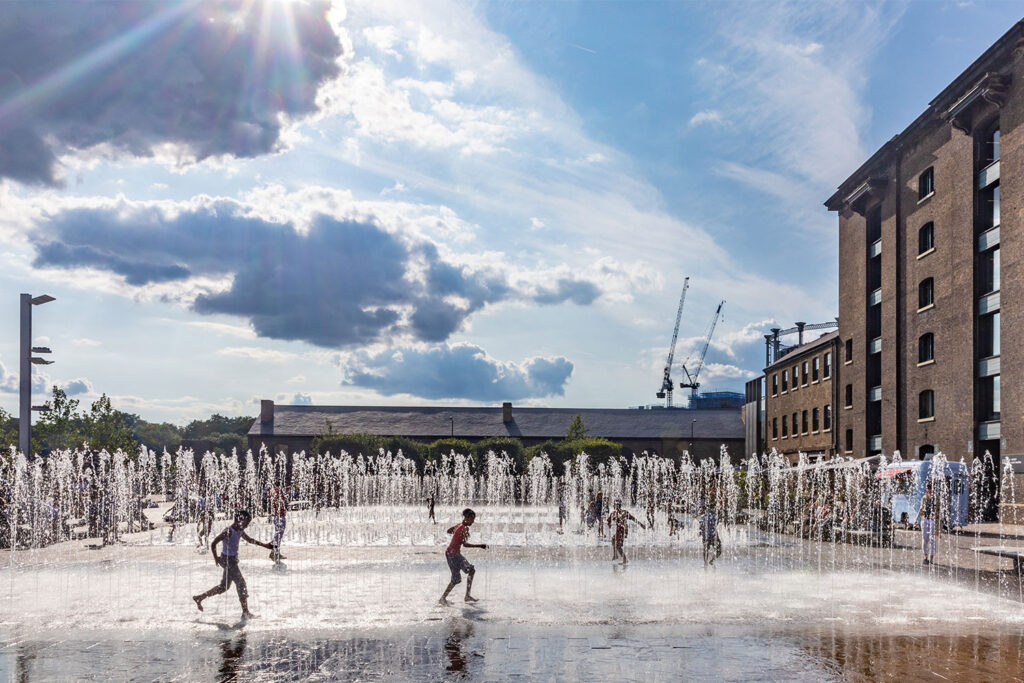
CommuniHeat
Barcombe, East Sussex, UK
Project details
Client
UK Power Networks
Collaborator
Ovesco and Community Energy South (CES)
Duration
2021
Services provided by Buro Happold
A landmark project is paving the way for decarbonisation of off gas grid communities. Through CommuniHeat the book is being written on how to develop viable roadmaps for transitioning communities to net zero carbon. This is being done through working with a real community; Barcombe in Sussex.
Buro Happold’s energy consultants are enabling the transition by developing a viable techno-economic approach whilst improving industry standards. This includes building enhanced datasets, applying digital twin technology to plan out and explore future scenarios and working with new and innovative financial models. The resulting learning will empower us to support many more communities to build their own roadmaps to zero carbon.
The village of Barcombe in East Sussex could become the blueprint for the decarbonisation of our communities. The village was chosen as a good archetype of a rural community, which features a broad range of different house styles and periods as well as featuring a diverse socio-economic demography.
Challenge
Barcombe’s household bills are far higher than the average and the carbon footprint is almost double the national average, something that tends to be a feature of rural off gas grid communities such as this.
The UK government has set itself the target of the country reaching net zero greenhouse gas emissions by 2050, in accordance with the Paris Agreement. For energy providers, this means the creation of a new infrastructure, which can be most efficiently delivered when whole communities act together on their transition, rather than as separate households.
The CommuniHeat project seeks to develop a roadmap and ‘write the book’ that will enable off gas communities to switch from expensive and carbon intensive fossil fuels to low carbon heating over the next decade. With fossil fuel-based domestic heating accounting for 18% of the UK’s carbon emissions, this would be a considerable victory in the fight to save our planet.
Throughout 2021, Buro Happold’s energy consultants have been working in partnership with electricity distributor UK Power Networks (UKPN), local community energy groups Ovesco and Community Energy South (CES) as well as households across Barcombe to gather data and understand how the transition could be made for this village. In doing so, we will produce a replicable model that can be applied across the UK.
The CommuniHeat partnership also aims to gain insight into how the transition from off gas grid to low carbon heating could be best managed in the coming years. While Buro Happold is assessing technology, selection and opportunities, Ovesco is working to engage the community and UK Power Networks establishing ways to adapt for transition and advise other network utilities on the process.

Solution
Our involvement with CommuniHeat combines local area planning at the community level, with energy system modelling and techno-economic analysis to understand how Barcombe can move to low carbon heating comfortably and affordably.
Our experts have created energy profiles for the whole village, calculating the conversion process of replacing existing heating systems with more efficient electrical heating methods, and then modelling these findings to see how the electricity network could be adapted to accommodate the transition.
The profiling identified the gaps with open data sources and addressed this with the data from over 40 loggers in homes. A further 150 home surveys were also conducted to inform this process. We have also taken into account the uptake of electric vehicles to make sure that we have the full picture.

A digital twin was created, which allows the community and other stakeholders to engage with a dynamic model, which maps the carbon emissions from homes, heating solutions and projected costs and uses the latest digital engineering technology to solve the complex problems around transition.
Our techno-economic approach includes appraising a range of energy efficiency measures, electric heat options, renewable generation and community based financial models.
We also explored the benefits of a community focused planned approach versus an unplanned approach. The unplanned approach was based on individual household’s selected solutions, based on the limited options available to them without community support.
The overall objective is to reduce carbon emissions but in the most affordable way. This means reducing both consumer costs and network reinforcement costs.
From a consumer perspective, making the right choices can be a minefield but a community model is likely to provide better information and make these transitions far more affordable, including lower energy costs for everyone.
Phil Proctor, Associate Director, Energy Consultant, Buro Happold
In partnering with community energy organisations we are able to further explore the softer aspects such as community insights, home surveys, supply chain engagement and home energy advisory services. All are required to ensure success.
The community-wide approach will also enable local energy generation uptake through wind turbines and solar PV panels, which could further reduce residents’ utility bills and further improve their carbon footprint. These could be community owned, and the benefits shared by all members of the community.
As well as giving us vital information about the village of Barcombe, this work is enabling us to create archetypes and scenarios that can be applied to other communities across the UK, irrespective of how they heat their homes. For example, it will advise which technologies and energy efficiency options would be most applicable to use in a 1970s home versus an 1890s cottage, indicative costs and energy savings whilst understanding how these low carbon alternatives will affect demand on the electricity network.
Community opportunities for owning energy assets will also be identified, which could reduce the annual bill, as well as how to finance them through community finance for the benefit of all. Utility network interventions and connection costs will be reduced, which could also reduce network operating costs (which contribute to the bill).
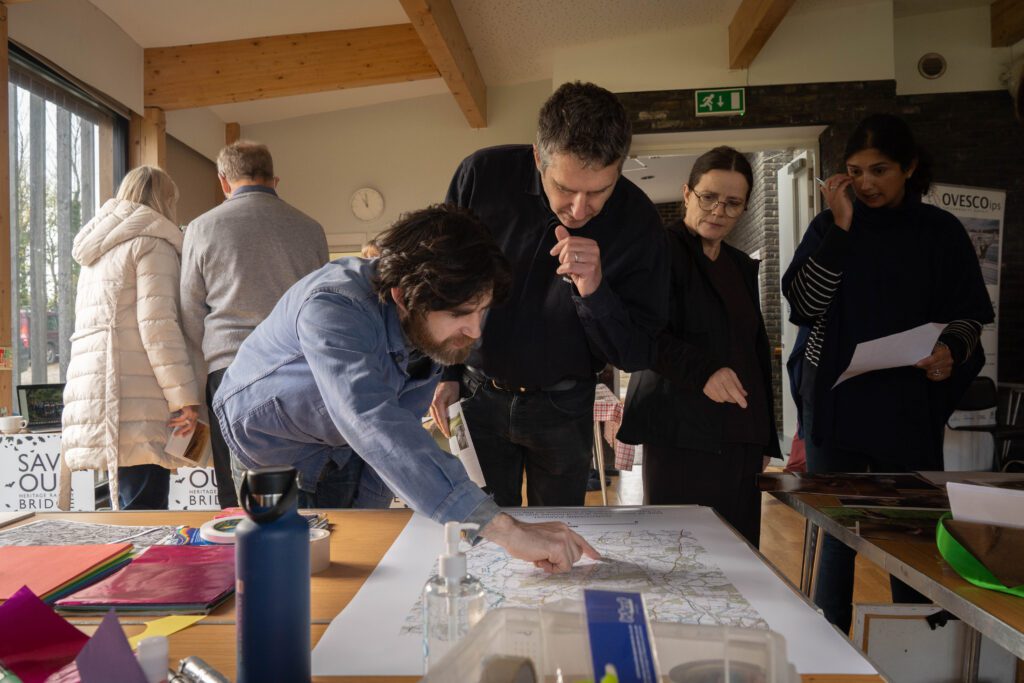
Value
Key to a successful transition from off gas grid fossil heating to low carbon heating is making the change at a community as opposed to individual consumer level.
Working with community energy companies allows for an efficiency of scale, which includes access to new services. It also enables the utility network to plan for the transition, putting measures in place to support it as required, and eliminating issues around power supply that could occur if people were switching from oil, for example, to electric on an ad hoc basis. Overall a reduction in both network operating costs and levelised consumer costs will be realised.
It is hoped providers will be able to strategically target transition at the community level in an approach that not only focuses on a particular community but potentially on a cluster of communities along a logical rollout route.
Communicating the challenges and opportunities in the available options is key to enabling this kind of community transition to work efficiently. By blending data archiving, visualisation and live sensor technologies, digital twins offer a hugely powerful tool for this clear communication and visualisation of granular data. The models support informed data collection, interrogation and visualisation in real time.

Awards
2022
Better Society Awards: Environment Award
2022
Better Society Awards: Carbon Reduction Award





